Coral reefs to frogs: An aspiring marine biologist joins 3 SIT programs
November 26th, 2024 | Research, SIT Study Abroad
By Joanna Tanger
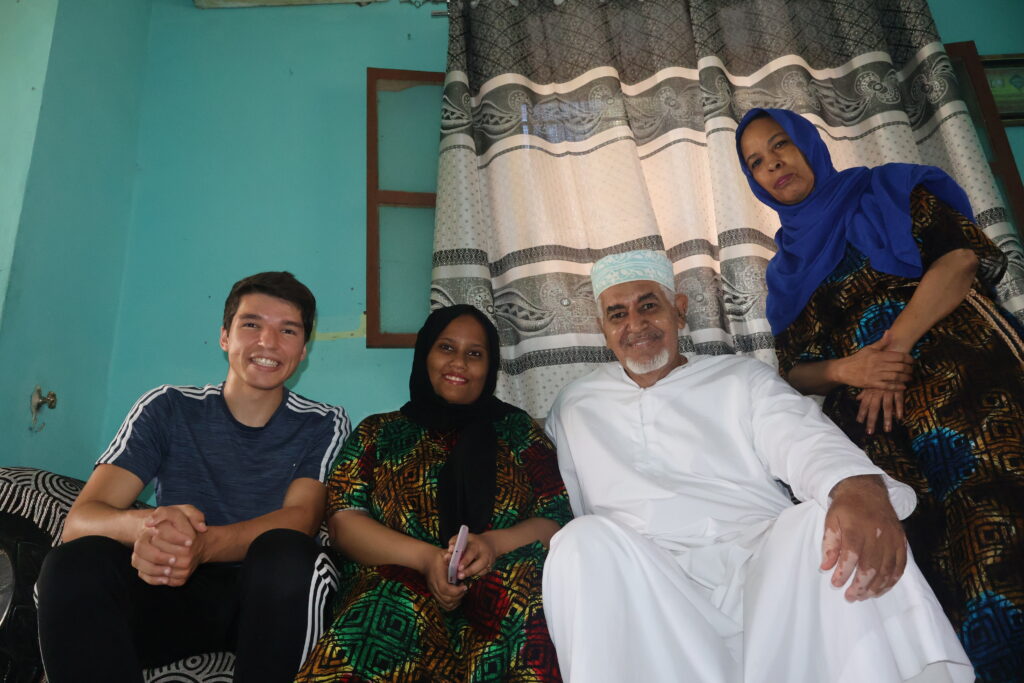
Christian Boudreaux has traveled the world with SIT — well, three continents to be exact. The senior from the University of Mississippi is finishing up his third SIT Study Abroad program in Australia! In Spring 2023, he joined a program in Ecuador and then studied in Tanzania the following year.
- Ecuador: Comparative Ecology and Conservation
- Tanzania: Zanzibar-Coastal Ecology and Natural Resource Management
- Australia: Rainforest, Reef, and Cultural Ecology
An aspiring marine biologist, he is a dedicated environmental advocate who would like to develop future policies to protect marine ecosystems both at home and abroad. While he finishes up his latest adventure in Australia, we asked Boudreaux why he chose three SIT Study Abroad programs and how his time abroad furthers his future research and educational goals.
Why did you originally choose SIT Study Abroad?
I originally chose SIT Study Abroad because I was looking for a program in a Spanish-speaking country that held biological interests for me. How could I not choose Ecuador, a biodiversity wonder with both the Amazon Rainforest and The Galapagos? The SIT Study Abroad program in Ecuador further stood out because excursions were included in the schedule and because of the Independent Study Project (ISP) portion of the semester.
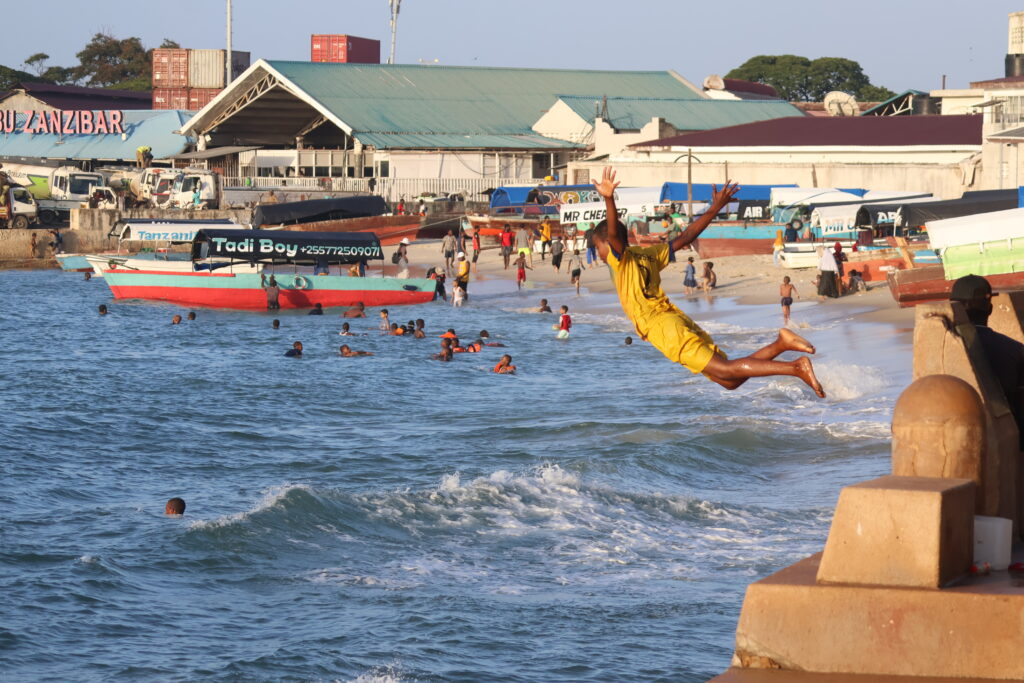
Why did you decide to do additional SIT Study Abroad programs, and what drew you specifically to the programs in Tanzania and Australia?
I am an aspiring marine biologist and selected each of the programs in large part due to the incredible nature that could be found in the study locations, in addition to the marine portions of their programs. After my first program in Ecuador, I had a positive experience and appreciated how excursions were part of the semester. As a scientist, I had the opportunity to devise or take part in a month-long project, with tangible outcomes like the ISP paper. For these reasons, I decided to stick with SIT Study Abroad for future programs. I am lucky enough to have a scholarship at the University of Mississippi that supports me for semester abroad programs, and I determined during my junior year that I would have the ability to take part in three study abroad opportunities.
What surprised you most about your SIT Study Abroad programs?
A simple but cliché answer is that, while cultures, languages, beliefs, and communities differ across the world, everyone is human and there are so many kind people to meet. I have been welcomed by so many — into homes, into lives. There is such incredible kindness and generosity from people who do not know me and do not owe me anything. One can learn so much from someone who has a very different background, but at the end of the day, the commonalities shine through. It has been a pleasure to meet all the wonderful people I have had the privilege to know through these experiences.
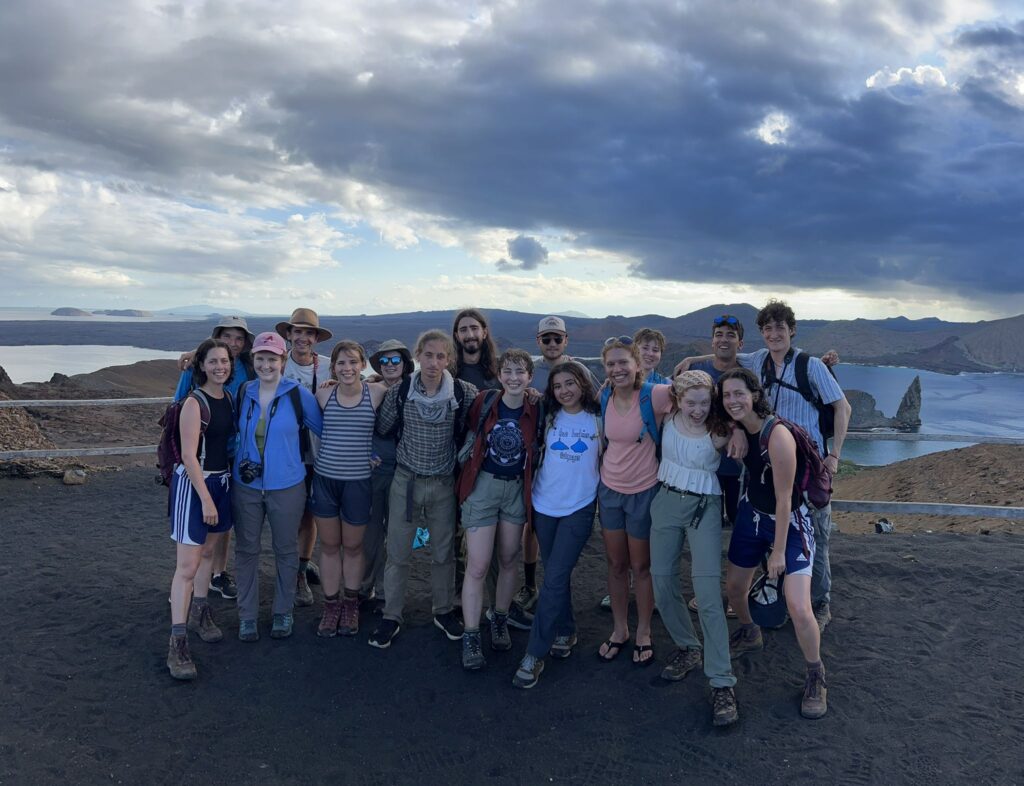
Please tell us more about your ISPs. What did you study?
In Ecuador, I used nanopore sequencing to help characterize biodiversity in the Ecuadorian Amazon, specifically in tarantulas, snakes, frogs, velvet worms, pseudoscorpions, and fungi. In Tanzania, I performed a coral bleaching survey at Chumbe Island Marine Park in Zanzibar, a privately managed Marine Protected Area. In Australia, I am currently working at the Australian Institute of Marine Science on the early stages of a project that will look at bacterial inoculation of corals to test if potential beneficial bacteria can be retained in corals long-term and if they have positive effects for health and in reducing bleaching stress.
How has studying abroad furthered your research and learning goals?
Having the freedom to devise my own coral bleaching survey on Zanzibar from scratch and writing a detailed paper about the bleaching event that we witnessed during my ISP period is certainly a level of experience that most undergraduates do not have the opportunity to gain. I am very research-oriented. SIT has allowed me to engage with various projects that interest me and serve as great ways to gain a significant amount of experience — from lab work and fieldwork to graph creation, running statistical tests, and formal academic writing.
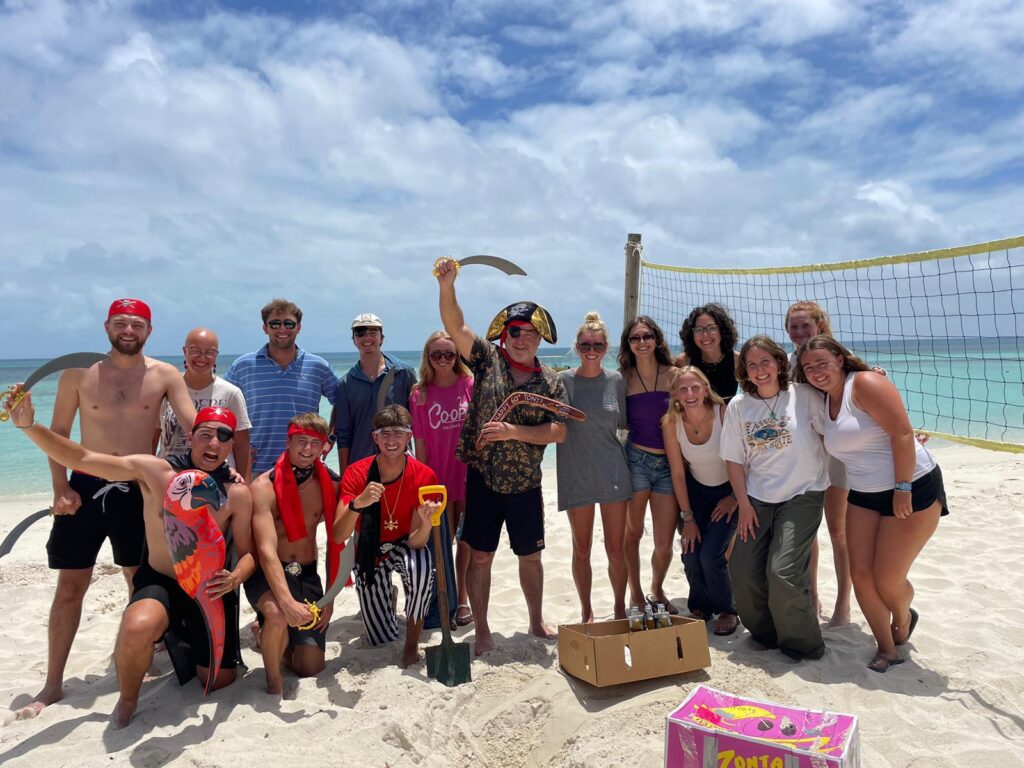
What’s your favorite anecdote from your time with SIT?
It’s difficult to say because there have been so many. On our trip to the Great Barrier Reef, some of the guys on our program started speaking in pirate voices and singing sea shanties. The pirate voices became a bit of a recurring theme in the group, so, to prepare for our trip to Lizard Island, some of us went to a costume shop to get pirate costumes, which we brought with us. It was our academic director’s birthday while we were there, so we got him a captain’s hat and sword and I devised a birthday treasure hunt for him, which was very fun.
What advice would you give to a prospective SIT Study Abroad student?
Know yourself and your situation, and if you think that studying abroad is right for you then go for it. It has been a real adventure to have had these opportunities, and, with the various ISPs, I do feel as though I have taken part in some very impressive projects that I bring up when referencing my experience. Explore, make the most of your time, get to know the people on your program, meet the local citizens, learn a bit of the local language, realize that what you are doing is a privilege and don’t take it lightly, have fun, and be a positive force in the community that is hosting you.
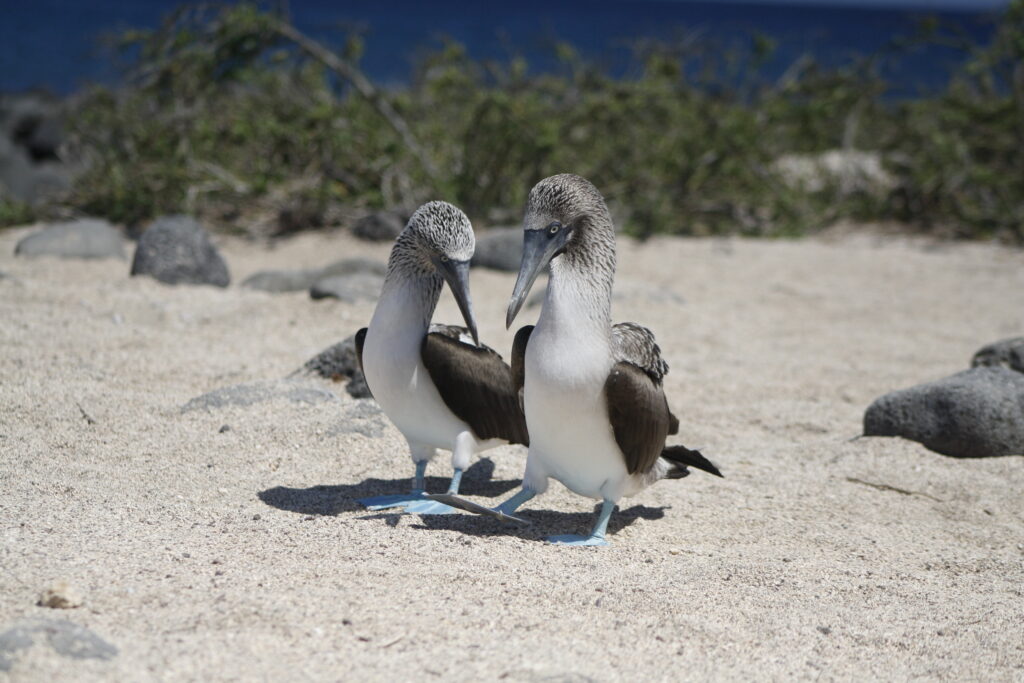
You won a prestigious 2024 Truman Scholarship, which is awarded to individuals for their dedication to public service. What are your future plans, and how will this scholarship help to enhance the research you’ve completed so far?
The general goal that I have for next steps is to pursue a PhD, before hopefully working for the National Oceanic and Atmospheric Administration (NOAA). I plan to research the genetic reasons underlying organismal adaptation to climate stress and use the knowledge gained from that research to inform and shape policy that will serve to protect marine ecosystems. The Truman Scholarship will assist with paying for graduate school. The Truman Scholarship and the associated internship in Washington, DC this summer will be amazing for developing the policy side of that goal, as I have extensive scientific experience but am lacking in my understanding of the necessary steps to devise and implement effective policy.
To learn more about SIT Study Abroad programs, please visit studyabroad.sit.edu.
